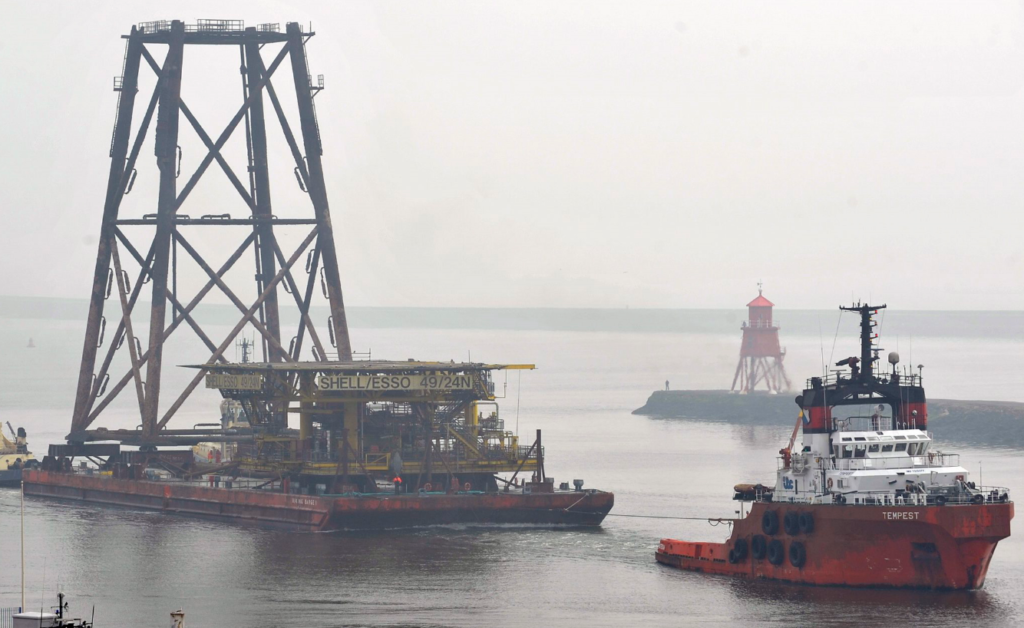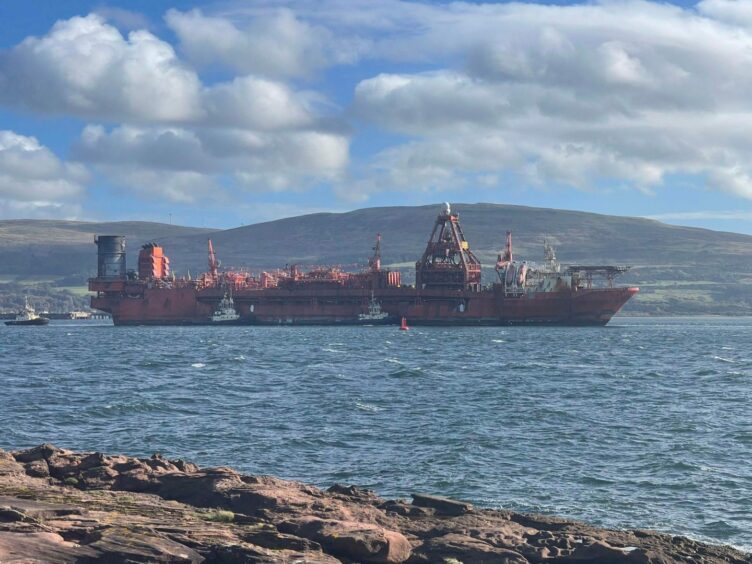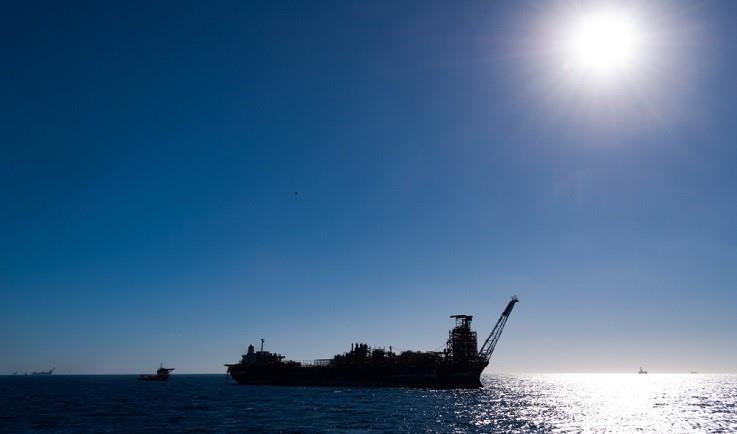
Decommissioning is a problem every country will face as the world moves towards net zero and the Centre for Decommissioning Australia (CODA) is looking to take notes from Aberdeen.
At this week’s Aberdeen Perth Gateway event, panelists spoke about the mammoth challenge Australia faces – especially in its Western regions – when it comes to removing and decommissioning oil and gas infrastructure.
In a conversation with Energy Voice at the event, Western Australia’s agent general, John Langoulant, said: “The importance of decommissioning and doing decommissioning work, I think, is a great problem.
“So learning what’s been happening up here [in Aberdeen], you guys are ahead of us again in this space.”
Meanwhile CODA chief executive Francis Norman told Energy Voice that his organisation has been working closely with Granite City-based Decom North Sea to share expertise and knowledge.
“We were really keen to connect with organisations like Decom North Sea, who’ve been doing what they’ve been doing for much longer than we have,” Mr Norman said.
CODA is working with the group to see how it engages with industry, because as Mr Norman says: “One of the big challenges in any industry is everybody is busy, so trying to find the most efficient ways to engage with industry is a challenge for all of us.”
In September the Australian decom chief executive visited Scotland, following his attendance at the ONS conference in Stavanger.
During his time in the country, Norman visited Dundee ports before heading north to Aberdeen where he had “a really good conversation” with Decom North Sea.
Now the two organisations exchange emails “every few weeks” and in 2023 the will be holding more regular scheduled calls and meetings.
Opposite sides of the word, same issues
In the past, Scotland’s supply chain has complained of losing out on decommissioning contracts to overseas yards, such as in the case of the Foinaven Floating production storage and offloading (FPSO) vessel.
According to Mr Norman, Australia lacks the infrastructure to deal with larger projects like FPSOs so the country also sees itself sending projects to other countries rather than dealing with them domestically.
However, Norman believes that the go-to decommissioning sites in his region, such as Malaysia, “are all going to get busier with their own work” as decommissioning ramps up.
This creates an opportunity for Australia to take on this work as its neighbouring yards fill up.
“There’s an opportunity that we’re talking about with the West Australian government for us to establish one or two of our own facilities where we can receive this material and we can manage the risks associated,” the CODA boss said.
Mr Francis Norman said that as an industry it is our “obligation to remove a lot of this from the ocean” and he believes “there is a significant opportunity for Australia to establish one or two facilities they could undertake that work.
“My personal view is it could end up as a regional solution.
“I could really see a model where we are able to manage the capacity across the region and move volumes around as we need where we’ve got the best fit.”
To apply this philosophy to Europe would mean that as the demand for decommissioning work increases, Scotland would see more of a share of the contracts not just for domestic projects but also for vessels from places like Norway.
However, this is not a guarantee, as the Australian decommissioning boss said: “If I had a crystal ball mate, I would be a very very wealthy man.”
Recommended for you

 © Supplied by CODA
© Supplied by CODA © Luigi Gioretti
© Luigi Gioretti © Supplied by Australian governmen
© Supplied by Australian governmen